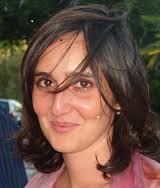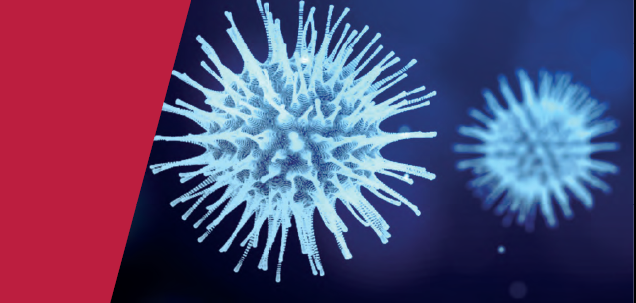Le 11 Feb 2021
Learning at home: distance learning solutions and child development during the COVID-19 lockdown
 Hugues Champeaux
Hugues ChampeauxCerdi-UCA-CNRS
 Lucia Mangiavacchi
Lucia MangiavacchiUniversity of Perugia
 Francesca Marchetta
Francesca Marchetta Cerdi-UCA-CNRS
 Luca Piccoli
Luca PiccoliUniversity of Trento

